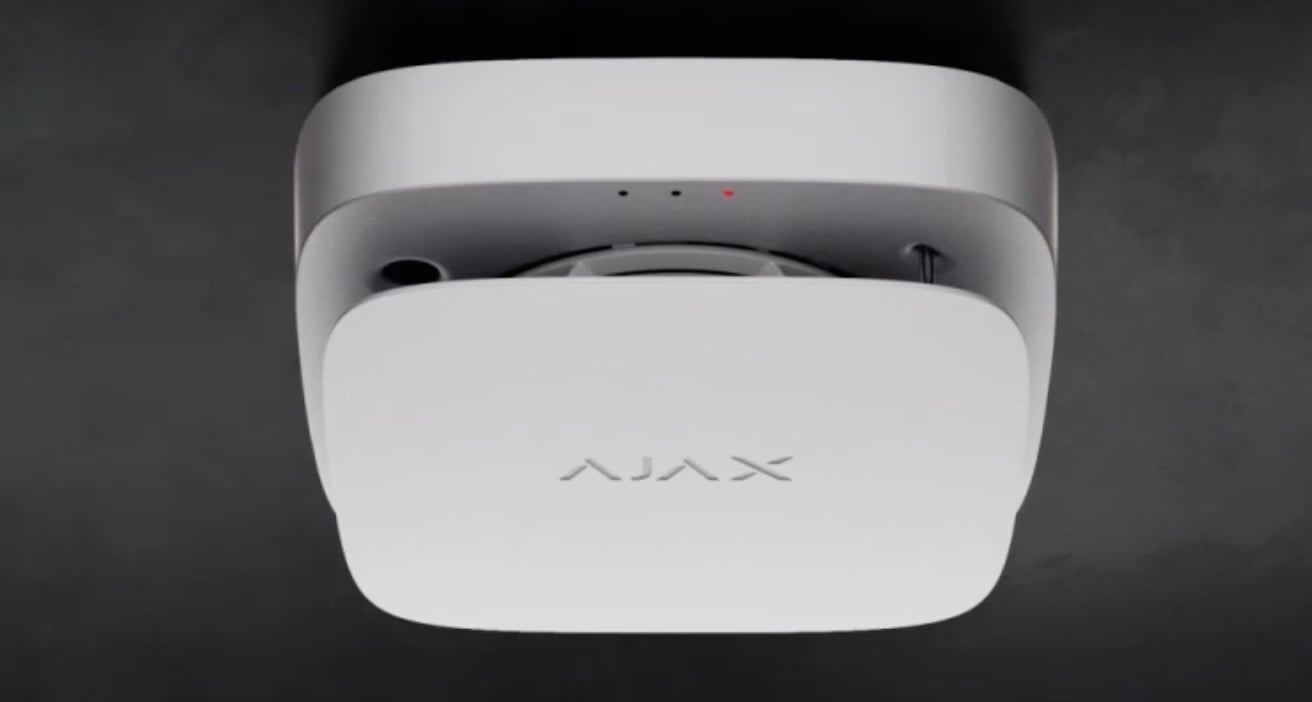
A fire alarm system is your first line of defense against the devastation of a fire. An adequate system alerts you in time to evacuate and helps minimize potential damage. However, choosing and installing the right fire alarm system can be complex, given the variety of options available. This guide explores how to make the best choice and install a system that ensures maximum safety for your home.
Choosing the Right Fire Alarm System
The first step in selecting an appropriate fire alarm system is to evaluate your home’s specific needs. Consider the size, layout, and presence of any fuel-burning appliances. Homes with multiple stories and large areas will require a more sophisticated system to ensure that all parts of the house are covered. In contrast, smaller homes might manage well with a more straightforward setup.
For homes with fuel-burning appliances like fireplaces or gas stoves, carbon monoxide (CO) alarms are vital. These alarms detect dangerous levels of CO, a byproduct of incomplete combustion that can be fatal if undetected. Similarly, heat alarms should be installed in areas prone to false smoke alarms, such as kitchens and garages.
Exploring Alarm Technologies
Regarding technology, fire alarms generally fall into a few categories: ionization, photoelectric, and dual-sensor. Each type has its strengths and is suited for different fire detection scenarios.
Ionization alarms are adept at detecting fast-flaming fires due to their sensitivity to small smoke particles. They work well in areas where quick detection of fast-moving fires is critical. However, they can be overly sensitive to cooking smoke, leading to false alarms. Photoelectric alarms are better suited for detecting slow, smoldering fires, making them ideal for living areas and bedrooms. They are less prone to false alarms but might be slower in detecting rapidly spreading fires.
Dual-sensor alarms combine ionization and photoelectric technologies, offering a comprehensive approach to fire detection. They are versatile and provide broad protection, though they are more expensive and complex to install.
Considering Installation and Maintenance
Once you’ve chosen the type of fire alarms that best suit your needs, the next step is installation. Placement is crucial for ensuring that your alarms function correctly. For smoke alarms, install them inside every bedroom, outside each sleeping area, and on every level of the home. They should be mounted high on walls or ceilings to detect fire smoke. Keep them away from windows, doors, or ducts where drafts might affect their performance.
Place heat alarms in areas where smoke alarms might not be suitable, such as kitchens or garages. CO alarms should be positioned near sleeping areas and every level of your home to detect carbon monoxide effectively.
Integrating Your System
Consider whether you need a wired or wireless interconnected system. Wired systems require extensive installation but can offer more reliable connections between alarms. Wireless systems are easier to install, especially in existing homes, but may require regular maintenance to ensure connectivity. Interconnected systems are beneficial because they ensure that when one alarm detects a problem, all alarms will sound, providing comprehensive coverage throughout the home.
Maintaining Your Fire Alarm System
Regular maintenance is essential for ensuring the long-term effectiveness of your fire alarm system. Test your alarms monthly to ensure they are functioning correctly. Replace batteries at least once a year or sooner if the alarm chirps, indicating low battery levels. Most smoke and heat alarms should be replaced every ten years, as their sensors can degrade over time.
Professional Installation
While many fire alarm systems are designed for DIY installation, professional installation can ensure that alarms are correctly placed and interconnected. Hiring a certified electrician can be beneficial for complex systems, such as those requiring hardwiring. Professionals can ensure your system is installed to code and function correctly, giving you peace of mind.
Conclusion
Choosing and installing a reliable fire alarm system is critical in protecting your home and loved ones. You can create a robust fire safety system by understanding your home’s specific needs, exploring different alarm technologies, and ensuring proper installation and maintenance. Prioritize safety by investing in a reliable fire alarm system and regularly maintaining it to ensure it performs optimally when needed.
